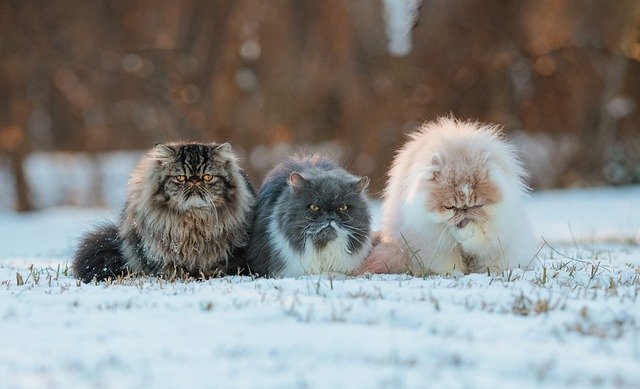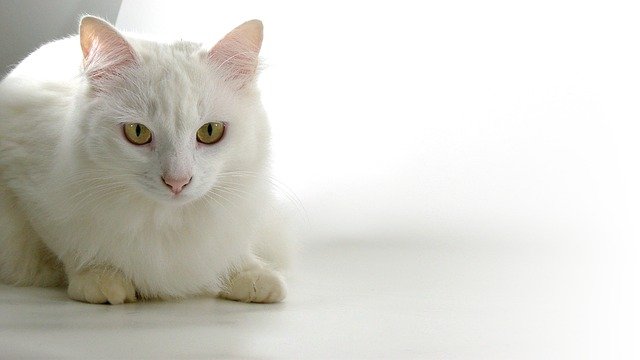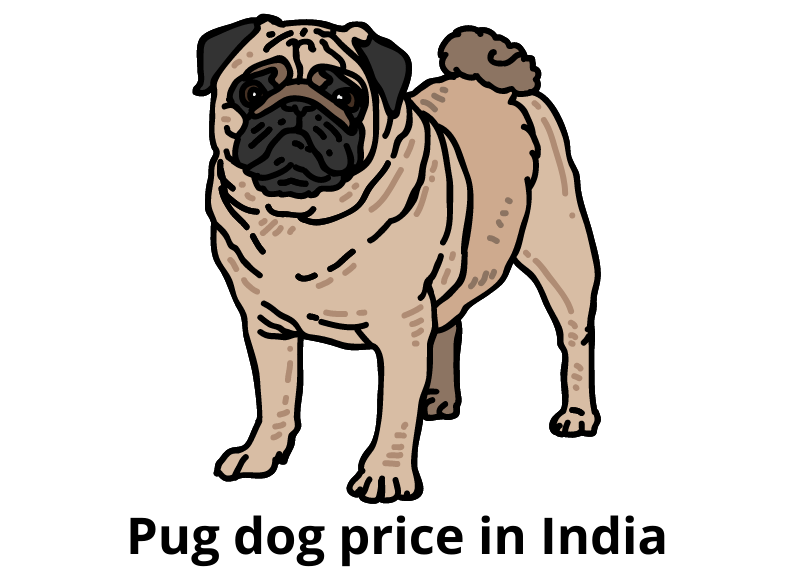The Persian cat is a long-haired breed of cat that has a round face and short muzzle. In English-speaking countries, this breed is known as the Persian Longhair. The ancestors of the Persian cat were imported from Persia around the 16th century. These cats are generally quite docile and tolerant of children, and are a great addition to any home. If you’re considering adopting a Persian, there are several important things to know.
Despite being one of the healthiest breeds in the world, Persian cats are not immune to common ailments and health conditions. Some of these diseases can severely limit your Persian’s quality of life. The brachycephalic bone structure of Persians makes them susceptible to many common ailments, including polycystic kidney disease, which causes many cysts to grow on the kidneys. In extreme cases, a Persian cat’s kidneys can fail.
If you are considering adopting a Persian cat, be aware that these cats are not the best pets for families with young children or elderly members. Although they may be friendly with children, these cats are not very playful. They don’t play well with children and don’t enjoy being touched. A good cat owner should also make sure their new furry friend has plenty of toys and a comfortable place to nap. If you can afford a higher-end Persian cat, it’s worth the extra effort.
The most important thing to know about your Persian cat’s health is that they are susceptible to certain diseases. Some of these diseases are treatable by veterinary care, but some are not. A yearly checkup is the best way to determine if your Persian cat has an illness. If you notice a growth or abnormality on your Persian cat, take your pet to the vet as soon as possible to have it checked. A doctor can often cure many cancers with proper surgery.

A Persian cat needs more attention than other cats, so it is best for elderly or homegrown people. A Persian cat is not a playful breed, and they do not enjoy playing with children. However, they are an excellent choice for people with children who like to play. These cats can be very affectionate and loving, and require more attention than other cats. In addition, they can be very intelligent and can learn to communicate with humans. They will love to interact with you and are very playful.
A Persian cat’s health is very similar to that of a domesticated cat. It needs lots of attention and interaction. This breed isn’t suited for apartment living, and requires a lot of care. Its small size makes it easy to keep clean. If you aren’t ready to spend time with your Persian, you should look for signs of a virus. A Persian cat may have a contagious disease, but it will usually be harmless.
Among the many health risks of a Persian cat is cancer. It can be fatal, but you can prevent it from causing harm to your pet. Besides preventing the spread of infectious diseases, a Persian cat can also protect your home from floods. It is an ideal choice for elderly or homegrown people. Its size and personality make it a great choice for homes with children. If you’re planning to adopt a Persian cat, make sure to prepare yourself for the daily grooming routine.
Like all cats, Persian cats need regular medical care. They have flat faces and shortened skulls. A shortened skull can lead to dental malocclusions and other health problems. They are also prone to developing unhealthy attachments to their owners. If you’re planning to adopt a Persian cat, consider their personality and health. If you’re a homebody or elderly person, this breed will probably be the best option for you.
The Persian cat is not a pet for everyone. It’s a companion that needs a lot of attention. Unlike many other cats, Persians are very social and affectionate. They do not play much, so you should be able to devote a lot of time to them. If you have kids, a Persian will be the perfect pet for them. During their early years, they will need to be handled gently and supervised by a trained professional.







